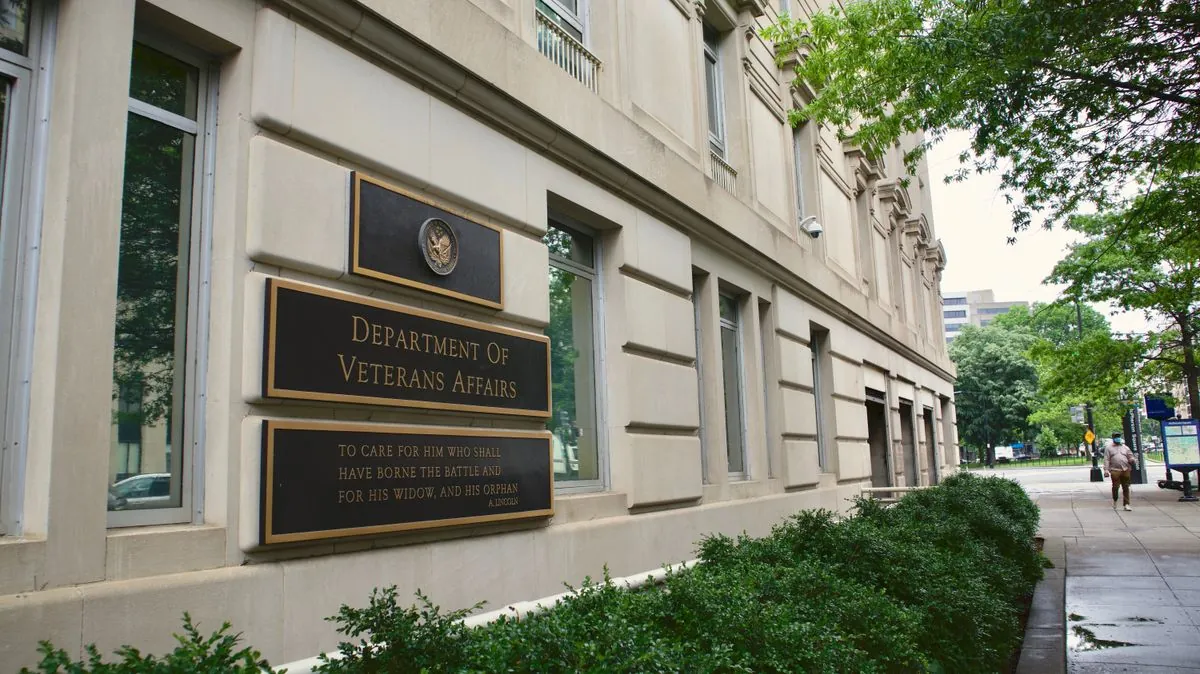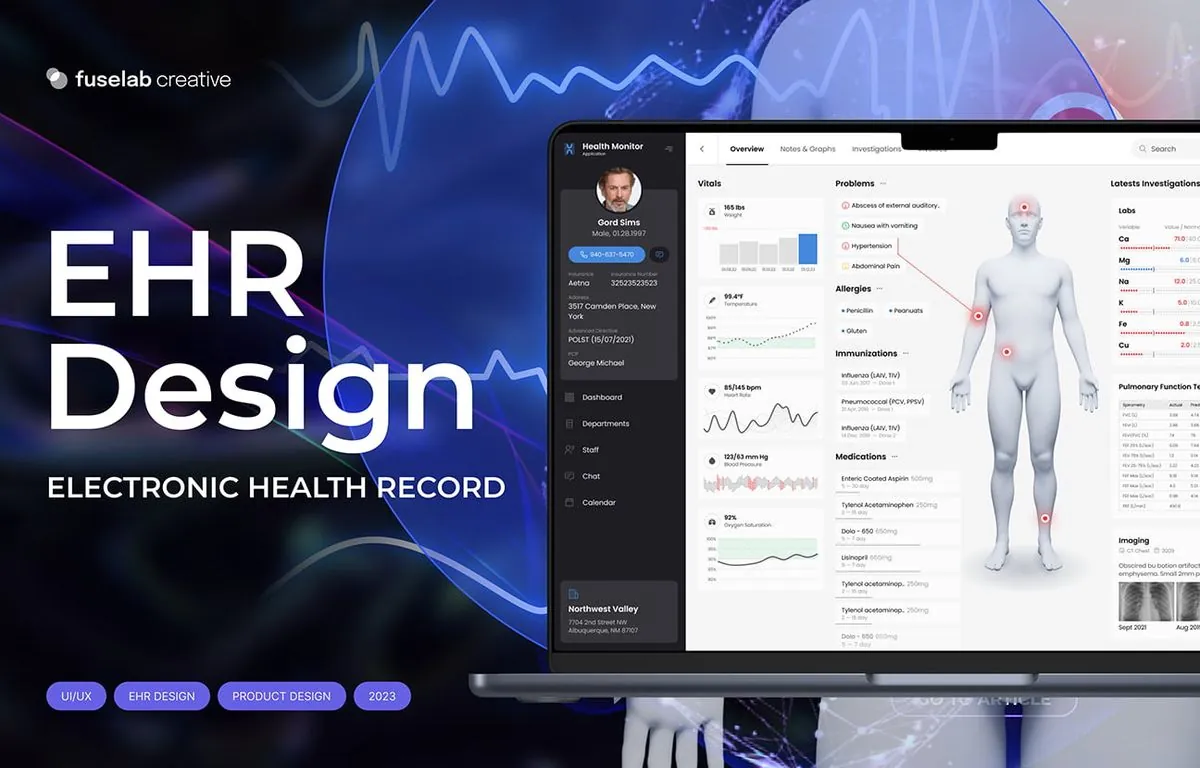VA Staff Breach Privacy of VP Nominees' Medical Records
VA employees improperly accessed medical records of vice-presidential candidates JD Vance and Tim Walz. The breach, discovered in August 2024, is under criminal investigation, raising concerns about health data security.

In a concerning development, investigators have uncovered that at least twelve employees of the Department of Veterans Affairs (VA) improperly accessed the medical records of vice-presidential nominees JD Vance and Tim Walz during the summer of 2024. This breach of federal health privacy laws is currently under criminal investigation, highlighting the ongoing challenges in protecting sensitive health information.
The unauthorized access was discovered in August 2024 during a routine security sweep of high-profile health accounts within the VA system. The Veterans Health Administration, which operates the largest integrated health care system in the United States, serving over 9 million enrolled veterans annually, was at the center of this privacy violation.
JD Vance, a former Marine Corps member, and Tim Walz, who served 24 years in the National Guard, are the first veterans to appear on both vice-presidential tickets since the 1996 campaign. Their military backgrounds have made their health records a subject of heightened interest, though this does not justify the unauthorized access.

VA Inspector General Michael Missal's office has shared evidence with federal prosecutors regarding the actions of several employees, including a physician and a contractor who spent extended time examining the candidates' files. This raises serious concerns about potential motives beyond mere curiosity.
The breach has prompted VA Secretary Denis McDonough to issue a stern reminder to the agency's workforce about the importance of protecting veterans' privacy. In an email dated August 30, 2024, McDonough emphasized:
"Veteran information should only be accessed when necessary to accomplish officially authorized and assigned duties as an employee, contractor, volunteer, or other personnel. Viewing a Veteran's records out of curiosity or concern — or for any purpose that is not directly related to officially authorized and assigned duties — is strictly prohibited."
This incident sheds light on the broader issue of health data security. The Health Insurance Portability and Accountability Act (HIPAA), enacted in 1996, provides data privacy and security provisions for medical information. Violations of HIPAA can result in severe penalties, including fines of up to $50,000 and imprisonment for up to one year.
The VA, established in 1930, has a long history of serving veterans and has made significant contributions to medical research and care. However, it has also faced numerous challenges and controversies regarding wait times and quality of care. This latest breach adds to the ongoing concerns about the security of the VA's health record system.
As the investigation continues, questions remain about whether the accessed information has been shared and the potential consequences for the involved employees. The incident serves as a stark reminder of the importance of maintaining strict privacy protocols in healthcare systems, especially those handling sensitive information of public figures and veterans.

This breach occurs at a time when the VA is transitioning to a new electronic health record system, moving away from the VistA system developed in-house in the 1970s. The incident underscores the need for robust security measures in both existing and new systems to protect the privacy of the millions of veterans who rely on VA healthcare services.
As the VA continues to fulfill its mission, encapsulated in its motto "To care for him who shall have borne the battle" - words from Abraham Lincoln's second inaugural address - this breach serves as a critical reminder of the ongoing challenges in balancing accessibility of medical records with the paramount need for privacy and security in the digital age.


































